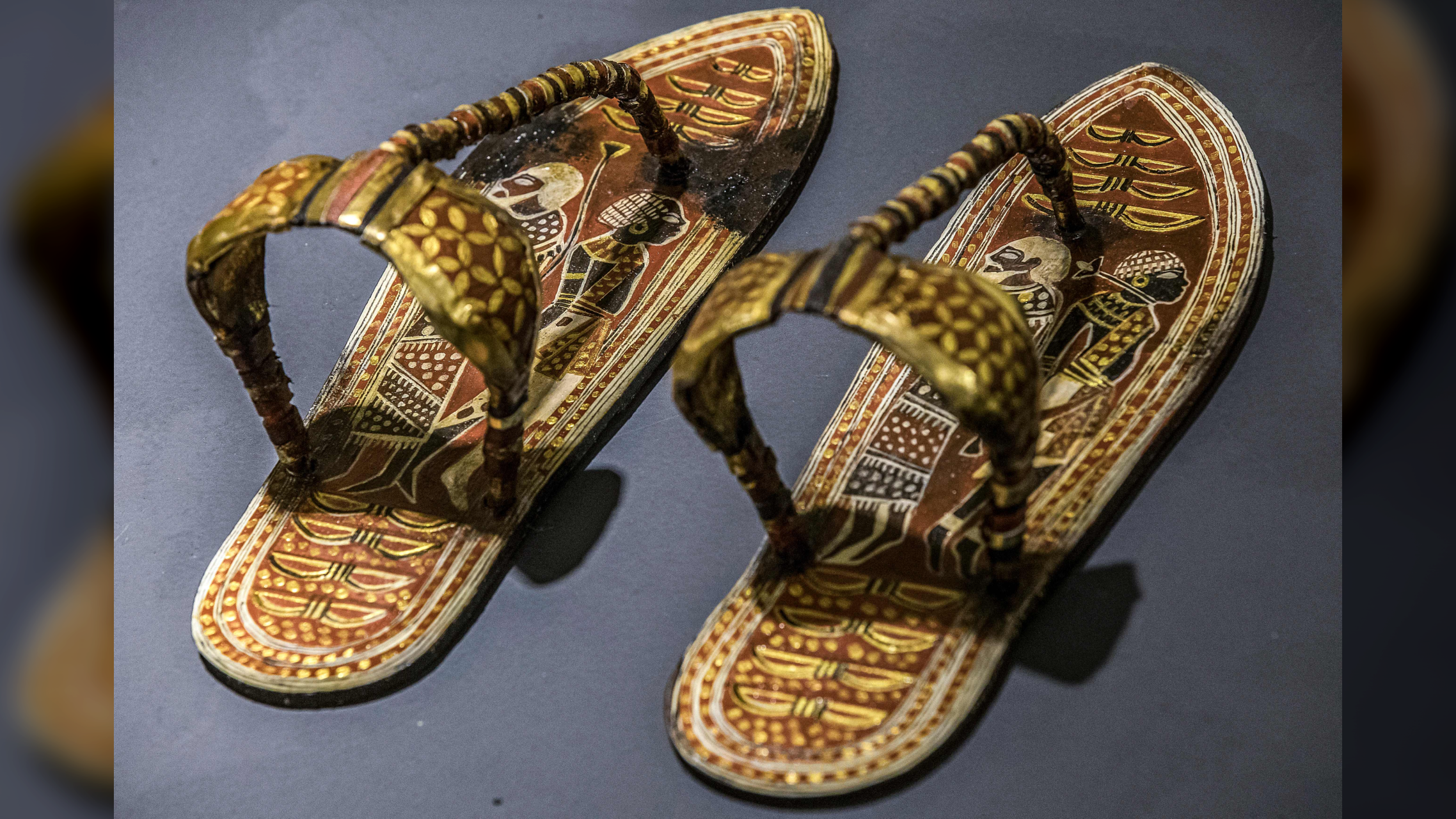Science Finds a Way to Overcome Life's Regrets

Get the world’s most fascinating discoveries delivered straight to your inbox.
You are now subscribed
Your newsletter sign-up was successful
Want to add more newsletters?

Delivered Daily
Daily Newsletter
Sign up for the latest discoveries, groundbreaking research and fascinating breakthroughs that impact you and the wider world direct to your inbox.

Once a week
Life's Little Mysteries
Feed your curiosity with an exclusive mystery every week, solved with science and delivered direct to your inbox before it's seen anywhere else.

Once a week
How It Works
Sign up to our free science & technology newsletter for your weekly fix of fascinating articles, quick quizzes, amazing images, and more

Delivered daily
Space.com Newsletter
Breaking space news, the latest updates on rocket launches, skywatching events and more!

Once a month
Watch This Space
Sign up to our monthly entertainment newsletter to keep up with all our coverage of the latest sci-fi and space movies, tv shows, games and books.

Once a week
Night Sky This Week
Discover this week's must-see night sky events, moon phases, and stunning astrophotos. Sign up for our skywatching newsletter and explore the universe with us!
Join the club
Get full access to premium articles, exclusive features and a growing list of member rewards.
If you can't seem to let go of a regret, a little self-compassion may help you move on, a recent study finds.
The people in the study who practiced self-compassion, or being kind to oneself, were more likely to overcome regrets than the people who did not do so, according to the study, published in February in the journal Personality and Social Psychology Bulletin.
Although regrets are often painful, previous studies have suggested that some people can overcome them and feel stronger afterward, said Jia Wei Zhang, a graduate student in psychology at the University of California, Berkeley. But this isn't the case for everyone, he said. [5 Ways to Foster Self-Compassion in Your Child]
The researchers wanted to better understand why some people report feeling improvement from regrets but others don't, Zhang said. They suspected that the difference lies in how people approach their regrets in hindsight, he said. "Do we run away from them, or take them head-on?" he said.
In the study, the researchers zeroed in on self-compassion as a potential factor in why some people have an easier time leaving their regrets behind them.
In an experiment, 400 students ages 18 to 49 sat down at computers for a writing exercise. First, the students were asked to write about their biggest regret. Half were randomly assigned to write about a regret of action, or something that they did but wish they had not done; the other half were asked to write about a regret of inaction, or something they did not do but wish they had, according to the study.
Then, the participants were randomly assigned to one of three groups: self-compassion, self-esteem and a control group. The self-compassion group was asked to respond to the prompt, "Imagine that you are talking to yourself about this regret from a compassionate and understanding perspective. What would you say?" The self-esteem group was asked to respond to the prompt, "Imagine that you are talking to yourself about this regret from a perspective of validating your positive (rather than negative) qualities," according to the study.
Get the world’s most fascinating discoveries delivered straight to your inbox.
The control group was not asked to write about the regret; rather, these participants were asked to write about a hobby they enjoyed.
Then, the researchers asked the participants a series of questions about their feelings of forgiveness, acceptance and personal improvement following the exercise.
They found that the people in the self-compassion group reported greater feelings of acceptance, forgiveness and personal improvement, compared with not only the control group but also the self-esteem group. In other words, focusing on your best qualities is not what helps you feel better about a regret. Rather, being compassionate toward yourself is what may make a difference, the researchers found. [9 DIY Ways to Improve Your Mental Health]
It's possible that people who practice self-compassion are able to confront their regrets and see what went wrong, so they can make a better choice in the future, Zhang told Live Science. Self-compassion pushes people to accept their regret instead of running away from it, he said. "This willingness to remain in contact with their regret may afford people the opportunity to discover avenues for personal improvement," the researchers wrote in the study.
The researchers added that the acceptance element is just one part of why self-compassion helps people improve after doing something they regret. The other element that they proposed is called reappraisal, in which people think of "an event in a way that shifts its emotional impact," they wrote. They pointed to an example of this from a previous study on breast cancer patients who were asked to try thinking about their treatment in a positive light before it began. The women who did so reported greater feelings of personal growth later on, the researchers wrote.
Originally published on Live Science.

 Live Science Plus
Live Science Plus










